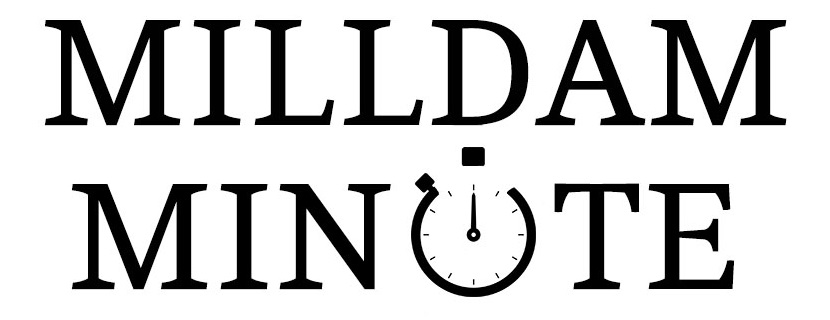Running an event for the first time can raise many things: hopes, expectations, fears, and blood pressure. I experienced all of these when I recently attended the Data Center World conference in New Orleans and ran an event for the first time. Called “CRACing The Ceiling,” this networking event was the first in an anticipated series, created for women who work in the data center industry.
It’s a risky choice to plan any event. The first time an event is held – even if it’s not the first event you’ve ever planned – a great deal is left to the unknown. Whether your purpose is lead generation, brand awareness, networking opportunities, or an educational outlet, it can be challenging to determine the possibility for success until the event concludes – at which point, it’s obviously too late to make any changes to your original plans.
But first events are also exciting opportunities to try a new way of engaging an audience. Here’s a breakdown of some things to think about before, during, and after the first time you run an event.
BEFORE
Set goals. While inaugural events are never totally predictable, setting basic goals such as “increasing brand awareness,” “networking with IT Directors,” or “increase email list” will offer some benchmarks for determining success. Realistic goals are key, though. Sometimes just holding a new event to bring a certain group of people together so that they can network and generate new ideas is a reasonable and practical outcome.
Whenever possible, visiting the venue ahead of time (ideally before booking) is also important. I wasn’t able to visit the setting for CRACing The Ceiling in advance due to geographic restrictions, but communicated often with the hotel team, set a time to chat with the bartender when I arrived on site, and expressed my vision often. It was the next best thing to being able to see the space ahead of time, and my priorities were firmly established with the groups I needed to work with.
DURING
While it may seem trivial, just try to relax and enjoy yourself. Inevitably, a first-time event will not go according to plan. The appetizers come out too early, the name tags aren’t used, the signage is hung in the wrong spot, you name it. Despite your best efforts, some attendees may observe your rising stress levels, which can make them anxious or you appear unskilled. Pending a natural disaster or completely incorrect promotion, your event will still happen and there will be time to evaluate mishaps when attendees have left. In the meantime, don’t berate the bartender or upbraid the wait staff.
AFTER
Critically important: don’t forget to evaluate the event itself! Especially if all went well and you’re jumping into other work after the rapid-fire busyness that comes with event planning, take the time to strategically evaluate the pros and cons, what worked and what didn’t about your first-time event. Formally outline the process and results of this inaugural event and you’ll pave the way for the success of events to come.
IN CLOSING
While event planning can be an overwhelming prospect, particularly the first time a new type of event is run, taking careful notes throughout will offer you insight into the aspects you can control and give you plenty of metrics and feedback to support the possibility of the next event. Organizing a new event is certainly challenging, but if you plan ahead of time and do the appropriate follow-up work, there’s nothing stopping you from enjoying the success of a second event that’s built on the solid foundation and experience of the first.

Caroline Haley authors the column “Caroline’s Cloud” and is Vice President, Outreach & Operations for Milldam Public Relations.




